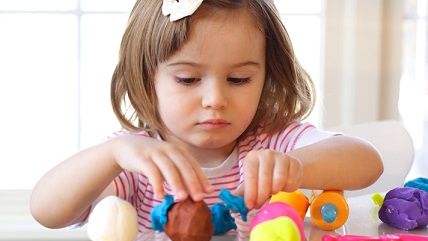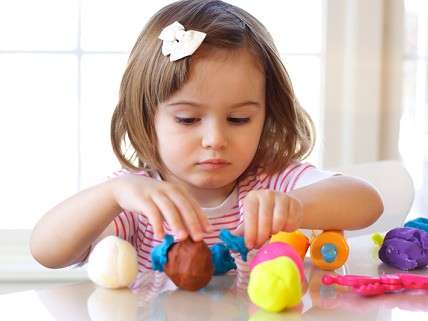College Students: Stop Acting Like You're Made of Sugar Candy
No wonder students are equally scared of rapists and a discussion of rape culture! They have grown up under the mantra: Everything is dangerous.


What happens when a generation grows up being told that nothing is safe enough, not even a walk home from the park? Or that they should never encounter a bad grade, or mean remark—these things are too wounding? Or that they didn't lose the game, they are the "8th place winners!?"
Here's what happens: At least a portion of them become convinced that they are extremely fragile. They need—they demand—the kind of life-buffers they've had since childhood.
Which brings us to this remarkable essay by Judith Shulevitz in Sunday's New York Times. She details the demands students are making to feel "safe" on campus. But she's not talking about physical safety; students want to be safe from debates. Safe from jarring ideas. Safely situated in a "safe place" (terminology previously associated with hurricanes and nuclear war) when some speaker somewhere on campus is even suggesting the possibility that we don't live in a "rape culture."
So if you haven't read the essay yet—and Robby Soave's rousing take on it—please do. And then let's start using a term Shulevitz employs, "self infantilizing," to describe what has happened to our young adults when they behave as if they are as helpless and vulnerable as babies, and apparently just as easily entertained. The "safe place" Brown University provided for its students during the rape culture debate in another building was outfitted with coloring books, bubbles, and Play Doh. (Did I mention the puppy video?)
Treating women as frightened children who need soothing would never be tolerated if it were proposed by a male authority figure: "What you pretty little ladies need are some bubbles!" But somehow, when it's proposed by other women on campus, it is an act of solidarity, not condescension.
This is awfully familiar to those of us who watch what's happening in the world of childrearing—and for this I don't even blame parents. I blame a whole culture bent on protecting kids from almost everything: from Pop Tart guns, to red ink on homework, to a spat with their best friend. (Parenting magazine famously told parents to remain close at hand when even their school-age children have playdates because, "You want to make sure that no one's feelings get too hurt if there's a squabble.")
When you have a culture devoted to seeing danger in what used to just be everyday life, it actually becomes illegal to distinguish between real risks (letting your 5-year-old swim alone, in a quarry, in the dark) and negligible ones (letting your 10-year-old wait in the car, in a safe neighborhood, while you run a short errand).
No wonder kids end up at college equally scared of rapists and a discussion of rape culture! They have grown up under the mantra: Everything is dangerous.
Now we just have to figure out how to help them realize: Nope. It's not. College students don't need coloring books. They don't need puppy videos. They need to stop equating umbrage with courage. As Winston Churchill said: "We have not journeyed all this way across the centuries, across the oceans, across the mountains, across the prairies, because we are made of sugar candy."


Show Comments (225)